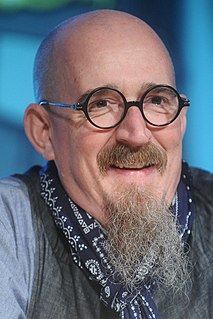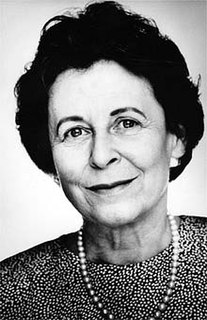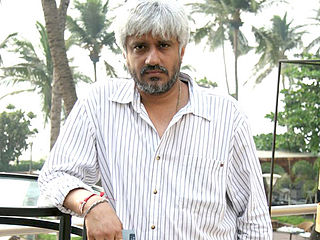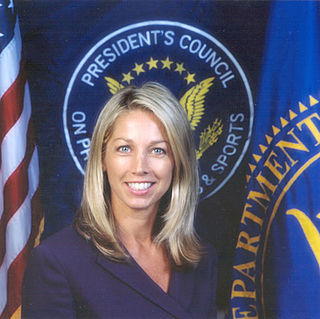A Quote by Panos Cosmatos
A lot of films mistake convolutedness for complexity. To me, a simple story can be a powerful spine to build around.
Related Quotes
Life can be a lot broader... when you realize one simple thing: And that is that everything around us that we call life was made up by people who were no smarter than you. And you can build your own life that other people can live in. So build a life. Don't live one. Build one. Find your opportunity, and always be sexy.
Life can be a lot broader... when you realize one simple thing: everything around us that we call life was made up of people that are no smarter than you. And you can build your own things and you can build your own life that other people can live in. So build a life, don't live one, find your opportunities and always be sexy.
Among all the complaints you hear these days about the crimes of the media, it seems to me the critics miss the big one. It is that especially TV, but also we of the print press, tend to reduce mess and complexity and ambiguity to a simple story line that doesn't reflect reality so much as it distorts it. ... What bothers me about the journalistic tendency to reduce unmanageable reality to self-contained, movielike little dramas is not just that we falsify when we do this. It is also that we really miss the good story.





































